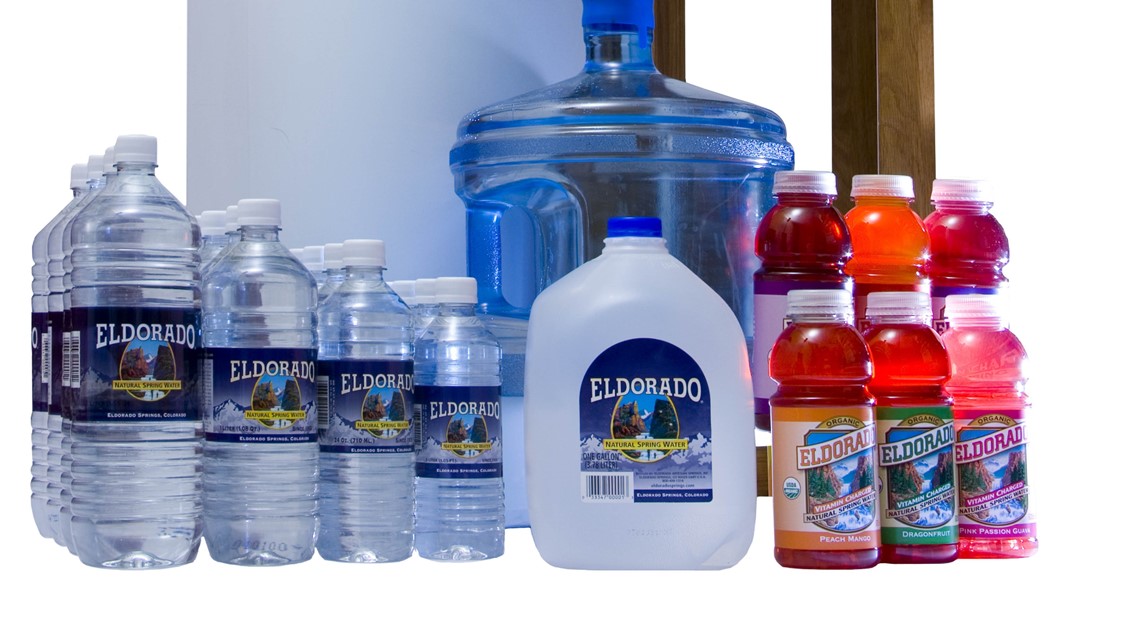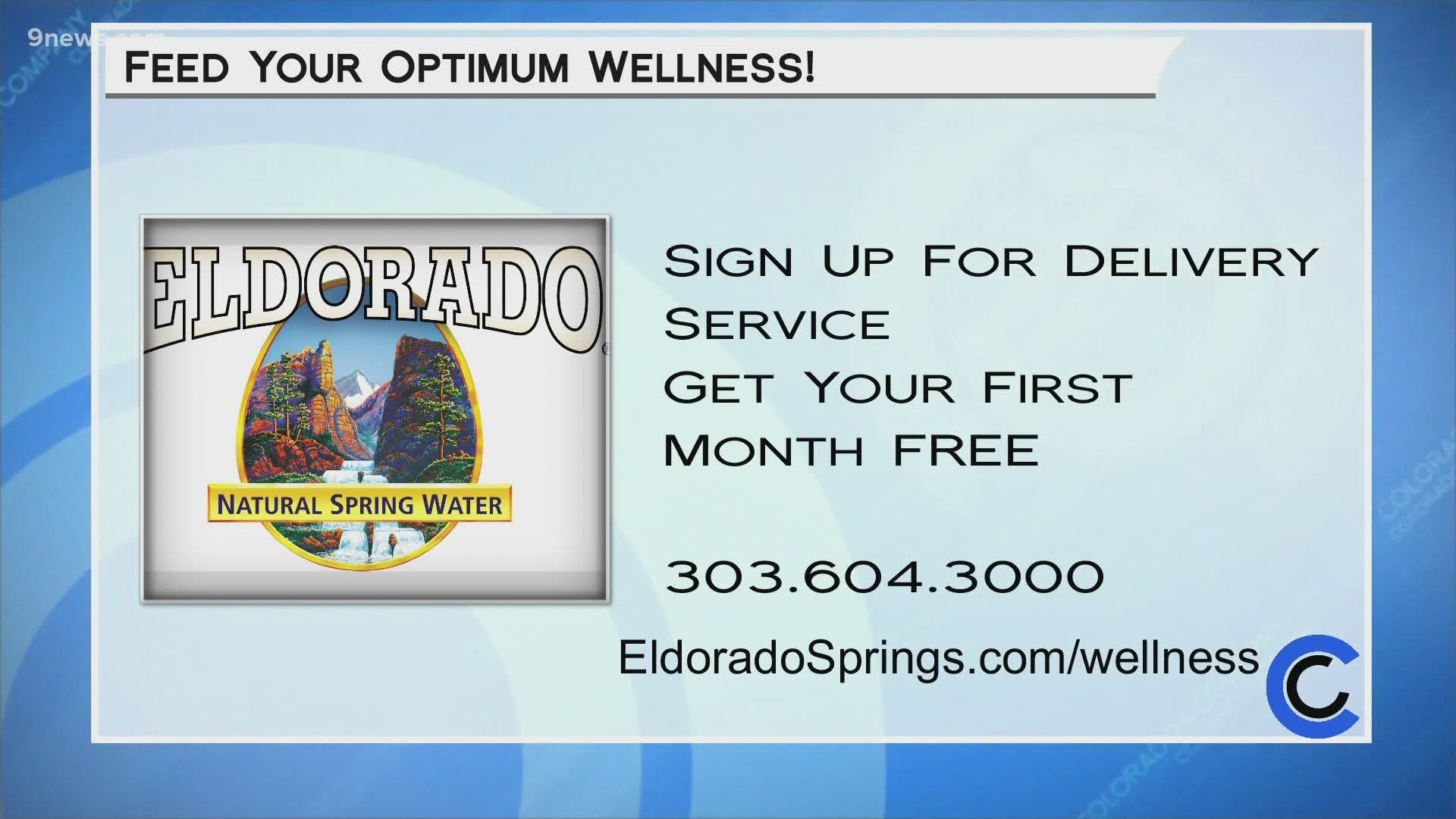DENVER — Electrolyte balance is critical to maintain optimal athletic performance and safety. Before you decide to take on a fourteener, or train for a mountain bike adventure, it’s important to understand how to properly monitor your electrolyte balance. Doing so will help you achieve peak performance and combat altitude sickness and nausea.
What Are Electrolytes?
Electrolytes aren't just salt. They are comprised of Sodium, Potassium, Calcium, Magnesium, Chloride, Bicarbonate, and Hydrogen phosphate (what we sweat out!). The more you sweat, the more electrolytes and hydration you lose. Hydrating with natural spring water is a good choice for hydration as it contains many of these essential minerals and nutrients organically.
How Much Water Should I Drink?
According to LiveStrong, it is imperative to drink more water at elevations above 5,000 feet than you would need if you were at sea level. At altitude, sweat evaporates almost immediately, which makes it easy to not realize how quickly your body is losing water. According to the Wilderness Medical Society, you lose water twice as fast at altitude than you do at sea level. Drinking one-half of your body weight in ounces each day is a good rule of thumb. So if you weigh 150 lbs., you should drink 75 ounces of water every day.
Water And your Body
Water makes up approximately 65% of our body weight. 20% of our bones, 70% of our brains, 75% of our muscles, and 80% of our blood is made up of water. A loss of more than 10% poses a significant health risk and loss of 20% will result in death. The body’s need for water is second only to oxygen.


Tips From Eldorado Natural Spring Water
- Can you gulp? A gulp is about 1 ounce. So, 8 gulps is about 8 ounces.
- Be prepared. Keep a bottle of water at your desk and snack on foods high in water content such as lettuce, celery, broccoli, watermelon, apples, and green beans.
- Don’t wait! If you wait until you’re thirsty to drink, you'll need to play catch-up. additionally, you may be experiencing fatigue which could have otherwise been avoided.
- Drink before, during, and after you exercise. 17–20 ounces/gulps before, 7–10 ounces every 15 minutes during, and 20 ounces or gulps after.
- The colder it is outside... Your body works harder to keep warm in cold weather. This means, you need to drink extra water during colder weather.
- Caffeinated and alcoholic beverages actually dehydrate. When you drink alcohol, you make your kidneys work harder. So, add a glass of water for every one of these beverages you consume.
- Drinking warm water has some big healthy benefits such as: alleviating pain, aiding in weight loss, eases constipation and prevents premature aging.
Eldorado Natural Spring Water is available in grocery stores or home delivery. It’s created and bottled right here in Colorado, out the beautiful Eldorado Canyon. For more information visit their website or call 303-604-3000.
THIS ARTICLE INVOLVES COMMERCIAL CONTENT. THE PRODUCTS AND SERVICES FEATURED APPEAR AS PAID ADVERTISING. FOR MORE INFORMATION, EMAIL US.
COLORADO & COMPANY IS A PART OF 9NEWS AND FEATURES COLORADO EVENTS, COMPANIES, BUSINESS PEOPLE AND OTHER OTHER GUESTS FROM AROUND THE COUNTRY.

